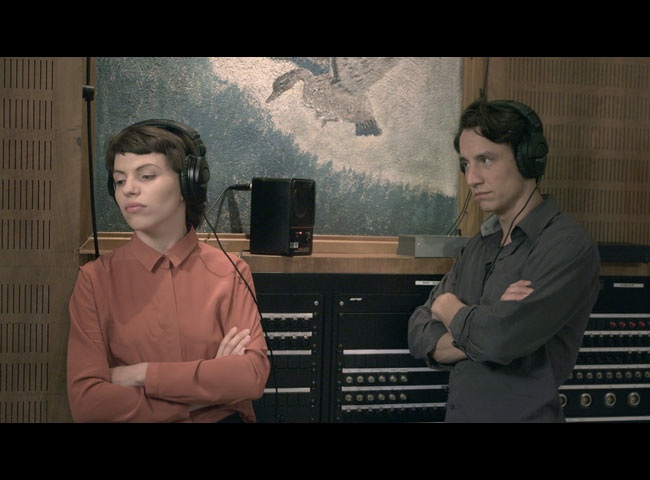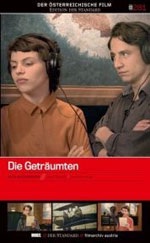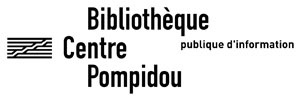Rêveurs rêvés
-
Réalisé par Ruth Beckermann • Écrit par Ruth Beckermann
-
Autriche • 2016 • 89 minutes • Couleur
- Réalisation :
Ruth Beckermann - Écriture :
Ruth Beckermann - Image :
Johannes Hammel - Son :
Georg Misch - Montage :
Dieter Pichler
- Production (structure) :
Ruth Beckermann Filmproduktion - Ayant droit :
Ruth Beckermann Filmproduktion
- N° ISAN :
non renseigné
Résumé
Ingeborg Bachmann et Paul Celan ont 22 et 27 ans lorsqu’ils se rencontrent à Vienne, en 1948 ; poètes tous les deux, ils n’ont ni les mêmes origines (Celan, juif de Czernowitz, a perdu ses parents dans un camp allemand en Ukraine), ni la même renommée. Leur correspondance amoureuse est marquée par la distance, et de plus en plus, par la paranoïa du côté de Celan. Die Geträumten en restitue la beauté déchirante en filmant deux jeunes gens qui l’enregistrent dans un studio, debout devant leur micro. Les compositions du caméraman Johannes Hammel traduisent visuellement l’intimité paradoxale entre les deux poètes. Peu à peu, les interprètes, Anja Plaschg (musicienne connue de la jeune scène autrichienne) et Laurence Rupp (membre du Burgtheater), semblent se laisser gagner émotionnellement. Leurs pauses-cigarette laissent apparaître les préoccupations de leur âge, mais la correspondance Bachmann/Celan infuse lentement leur relation, sans que jamais cela ne soit verbalisé. Ce qui s’échange dans leurs regards, la tonalité de leur voix, la façon dont ils prononcent une prose qui n’est pas celle de leur génération, permet aisément de comprendre pourquoi Ruth Beckermann, qui devait au départ alterner les lectures avec les lieux où les amants ont vécu, a recentré Die Geträumten sur ce gracieux Kammerspiel où le romanesque de l’épistolaire nourrit le présent documentaire. (C.G.)
Ingeborg Bachmann and Paul Celan are twenty-two and twenty-seven when they meet in Vienna in 1948. Both are poets but have different backgrounds (Celan, a Jew from Czernowitz, lost his parents in a German camp in Ukraine), and different degrees of recognition. The love letters they exchange are marked by distance and, increasingly, by Celan’s paranoia. The Dreamed Ones brings back their searing beauty as it films two young actors recording them in a studio, standing in front of their microphone. The visual compositions of cameraman Johannes Hammel translate the paradoxical intimacy between the two poets. Little by little, the actors – Anja Plaschg (a reputed artist on the young Austrian music scene) and Laurence Rupp (a member of the Burgtheater) – seem to become captivated. Their cigarette breaks reveal the concerns of their age, but the Bachmann/Celan letters slowly permeate their relationship, without ever being expressed in words. What they exchange in their looks, their tones of voice, the way they pronounce a prose that is not of their generation makes it easy to under- stand why Ruth Beckermann – who originally intended to mix the readings with places where the lovers had lived – refocused The Dreamed Ones on this graceful Kammerspiel in which epistolary romance nurtures the documentary present. (C.G.)
À propos du film
Sélections et distinctions
- 2018 • Les Rencontres du cinéma documentaire - Périphérie • Montreuil (France) • Sélection
- 2017 • États généraux du film documentaire • Lussas (France) • Territoires de la mémoire
- 2016 • Images en bibliothèques • Paris (France) • Film soutenu par la Commission nationale de sélection des médiathèques
- 2016 • Cinéma du réel • Paris (France) • Prix International de la Scam & Mention spéciale du jury jeunes
Comment avoir accès au film ?




